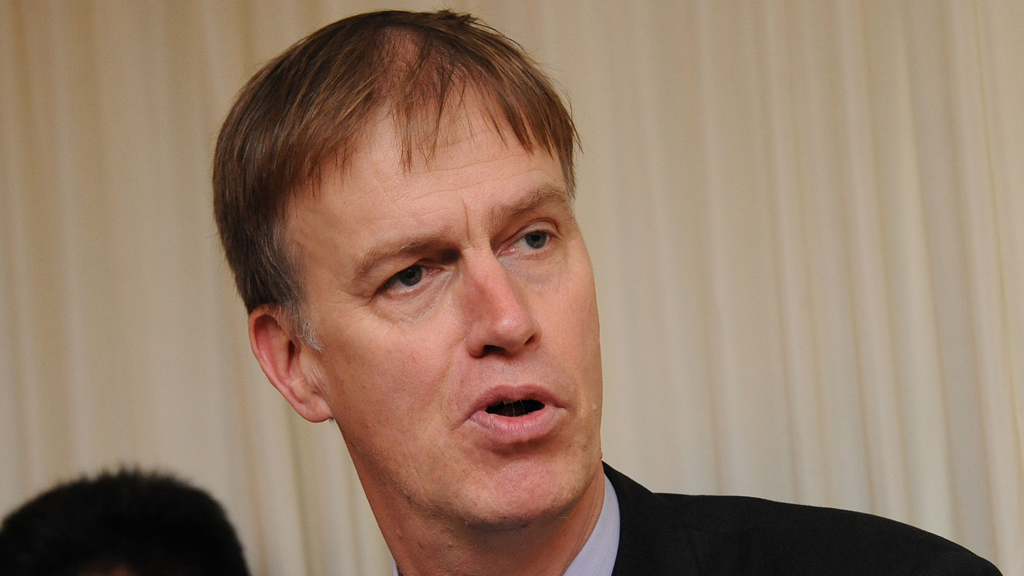Labour warns of underemployment ‘crisis’
More than 3 million people want to work longer hours but find themselves underemployed, according to Labour.

Labour claims that as many as one in 10 workers are unable to work as many hours as they would like, contributing to a fall in living standards.
Research commissioned by the party shows that 330,000 more people are underemployed in the UK than in 2010, including 200,000 people with dependent children.
The research, from the House of Commons library, showed that the number of people in employment who were willing to work more hours had jumped from 2.8 million at the start of 2010 to more than 3.1 million this year.
The party stepped up its attack on falling living standards after releasing a report suggesting that around 1 million people are on zero-hours contracts, meaning they are not guaranteed work from one week to the next.
David Cameron’s cost-of-living crisis is being made worse by a surge in underemployment. Stephen Timms
Shadow work and pensions minister Stephen Timms said: “David Cameron’s cost-of-living crisis is being made worse by a surge in underemployment under his failed government.
“Underemployment is a massive, growing problem for millions of families already feeling the pinch from rising prices.
“More than one in 10 are now unable to work the hours they would like because this government strangled the recovery. That’s why the real story of the labour market is falling wages, almost a million young people out of work and millions working harder for less.
“David Cameron’s out-of-touch Government needs to wake up from its complacency on living standards now.”
It’s simply not true to say that there has been a surge. DWP spokesman
A Department for Work and Pensions spokesman said: “The vast majority of workers – nine out of 10 – say they’re not underemployed. It’s simply not true to say that there has been a surge.
“The total number of hours people are working continues to rise, and latest statistics showed that the number of vacancies are continuing to increase – up 12 per cent in the past year.”
-
Latest news
-
Post Office scandal: workers react to ex-CEO Vennells at inquiry4m

-
Election 2024: what voters think of Rishi Sunak announcement3m

-
Post Office inquiry: former boss Vennells admits evidence was false5m

-
‘We are going after every vote we possibly can’, says deputy leader of Liberal Democrats4m

-
What’s the mood in Wales for an early general election?7m

-




